Cormorant flew onto my radar late last year, after reading the articulate writings of lead singer and bassist Arthur von Nagel on MetalSucks. When it came time to assemble end of year lists for 2009, Dan from Bay Area Metal Scene and I agreed that Cormorant’s Metazoa should be one of the Loudest Bay Area Albums of 2009. Arthur recently answered some questions for me; read below to find out his fascinating thoughts on the SF metal scene, working full time and being in a band, Camus, and success in today’s music industry.
HardRockChick: What do you think about the current music scene in SF, and where does Cormorant fit into it?
“Being weird is more fun.”
Arthur von Nagel: I love Bay Area metal. I know the rest of the country associates the region with thrash, but there’s so much more on offer here. In the early 90s bands like Neurosis, Acid King, and Sleep were teaming up with producer Billy Anderson and pushing doom into exciting new directions. Black metal has been a constant here, dating back to the infamous Von (the first American black metal band), to the brilliant and tragically brief experimentations of Weakling, and now it seems Ludicra are finally receiving some of the attention they so richly deserve nationally. Death metal was arguably invented here with the Seven Churches album from Possessed, and great bands like Impaled and Hacksaw to the Throat helped keep the flame alive. The likes of Brocas Helm, Hammers of Misfortune, Slough Feg and Saviours mine old school heavy metal, folk and 70s prog for some truly incredible material.
The current crop of bands draws from this rich history. Amber Asylum, Giant Squid (whose vocalist, Aaron Gregory, guests on our new album Metazoa), Judgement Day (cellist Lewis Patzner also plays on our record), Grayceon, Saros and now Worm Ouroboros utilize non-traditional instrumentation and classically influenced song structures to expand outside the reaches of metal into progressive rock, ambience, and even chamber music while lightly touching upon Neurosis at their most experimental, or black metal at its most delicate. Chris Bruni of Profound Lore Records deserves many thanks for fostering this movement when larger labels dropped the ball.
As to where Cormorant fit into all this madness? We don’t. We gig with everyone from black metal bands (Wolves in the Throne Room, Velnias) to stoner doom (Black Cobra, Saviours) to trad (Slough Feg, Hammers of Misfortune) to folk (Primordial, Moonsorrow). On February 6th we’re playing alongside cinematic atmospheric sludge nutsos Atomic Bomb Audition, quirky old-school grinders Times of Desperation, and electronic one-man soundscapist Fights Monsters at the Stork Club in Oakland. Sometimes I wish there was some kind of scene we could assimilate into for marketing and touring purposes, and other times I’m glad we’re difficult to categorize. Being weird is more fun.
HRC: How do you balance working full time and being in the band?
“When you’re independent and self-funded, your music is a labor of love rather than a contractual obligation.”
AVN: Here’s what my average weekday itinerary looked like back in September and October of 2009, around the release of Metazoa…
7AM: Wake up, throw on work clothes, pop a couple waffles in the toaster, give the guinea pig a carrot, kiss my girlfriend (still asleep), and then shove a half-dozen or so Metazoa order packages in the backseat of my beat-up ’97 Ford Escort with the Bathory and Motorhead stickers on the bumper.
8AM: Work. I’m a program coordinator for developmentally disabled workers at a recycling center, an occupation I find very rewarding. I have a million and one crazy stories regarding this job, some of which would likely get me in hot water if discussed publicly. At this point in the morning I’m probably cruising around on the forklift setting up training stations for my work crew and trying not to run over any customers, who seem to display an unnatural attraction to dangerous moving machinery.
10:30AM: Break time. I run to my computer to answer as many Cormorant-related e-mails as possible in 15 minutes.
Noon: Lunch. I speed off to the post office since they close the same time my work does. While driving I pray there isn’t a line and that they didn’t run out of international customs forms. While in the queue I’m filling out said customs forms. Then I sneak in some lunch and try to power out some more e-mails or publicity before I start work again at 1 in the afternoon.
5PM: Get off work, head to the bank to pay off the band’s credit card bill from the previous USPS visit, drive home and shower. Then back to the computer to check for new orders. Spend the next hour or so packaging the new orders. Then back to finishing up the e-mails and questions from metal message board posters. I likely have an interview to answer or an article to finish writing. Eat dinner. By then it’s probably 8:30 and I try to sneak in a movie or gym visit with my girlfriend or some reading or computer game time if she’s out working. I’m usually in bed around 1AM. That was my life for two months last year and I loved it.
I like having an 8 to 5 job. It keeps us honest. I wouldn’t operate this way if I didn’t enjoy it. In a way it’s like having two jobs, except you have one to fund the other. Working full-time affords us the freedom to bypass all the hoops of the music industry. When you’re independent and self-funded, your music is a labor of love rather than a contractual obligation.

HRC: What inspires you?
“Looking over the lyrics, the recurring themes are social injustice, nature, suicide, history, and mythology, but those are just my general areas of interest rather than any particular muse.”
AVN: In terms of our lyrics, I wish I knew. The words to songs would come easier if I did. Looking over the lyrics, the recurring themes are social injustice, nature, suicide, history, and mythology, but those are just my general areas of interest rather than any particular muse. Doing a little more self-analysis, I’ll say I’m fond of writing lyrics where a prideful individual challenges society/nature/god and then fails miserably. The idea is nothing new; in fact Greek tragedy is founded on this very concept. In the end I just try to write good stories.
As to what inspires me in my life, my mother inspires me. I don’t think I’d have the willpower to raise a child on my own while juggling 3 jobs and going to school. As an immigrant no less. That’s a special sort of selflessness where you sacrifice everything in your own life to help another human being get through theirs. And yet millions of women do exactly that under worse circumstances than mine. So any single mothers reading this: thanks.

HRC: You’re a really smart, well-read guy. If you could suddenly expose everyone to one thing, whether it be a piece of literature, art, or music, what would it be and what would it teach them?
“When the only meaning is the search for meaning, why not enjoy life’s journey?”
AVN: You’re very kind but I wish I had the time to be well-read these days. I’ll pick a book that changed my life when I first read it in my early teens, and then changed my girlfriend’s life when I introduced it to her years later: The Myth of Sisyphus.
The Myth of Sisyphus is an essay by Algerian philosopher/novelist/playwright Albert Camus first published in France in 1942. Its subject is the philosophy of Absurdism, as illustrated by the story of the Greek tragic hero Sisyphus. In one of his misadventures, Sisyphus chained Death itself to a rock, for a short time ensuring immortality for all men. For this crime (among others) he was sentenced to an eternity in Hell rolling a boulder up a steep hill, only have it roll back down again right when he reached the crest. Such, offers Camus, is the state of man.
If there is no higher power, and life offers no meaning that man is capable of understanding, why then, Camus asks, do men not commit suicide? Throughout the course of the 120-page essay, he explores different philosophical interpretations of man’s hopelessness, from Nietzsche to Husserl to Dostoyevsky to Kierkegaard, refuting these conclusions as resorting to either an ultimate capitulation to the existence of God, or opting to falsely deify Reason. Instead Camus posits that it is precisely the struggle, the revolt against a knowing meaninglessness that offers each life its individual value. Sisyphus, Camus concludes, must be happy.
When I first read this essay and Camus’s novels The Stranger, The Plague, and The Fall, I must have been 13 or 14 at the time, and I suddenly felt hope in the strangest way. Around this time my father was piling up legal and money problems at a ridiculous rate, so a philosophy that celebrated life’s absurdity by championing human struggle and hard work was exactly what I needed then. I feel very liberated when I read this book, and I imagine it would offer others a great sense of freedom as well. When the only meaning is the search for meaning, why not enjoy life’s journey?

HRC: It sounds like some really dark times in your life have inspired your lyrics. Do you think you always need dark times like that to inspire art, or can it come from a happy place as well?
“So I need the dark times to inspire the subject matter, but I only do the actual writing when I’m in a good mood.”
AVN: I need both. I’ve found that when I try to write lyrics in the midst of a strong negative experience, they turn out to be garbage. No one wants to listen to horrible, self-pitying, diary-level solipsism. What I do instead is wait until I’m in that happy place you mention, and then channel the negative emotion into a narrative poeticized with abstraction or historical parallels. So I need the dark times to inspire the subject matter, but I only do the actual writing when I’m in a good mood. But you’re right: when you strip the metaphor from the lyrics, they’re all very directly about my own life.
HRC: How important do you think aesthetic is to a band’s success? What I mean by aesthetic is anything from what is worn on stage to album art.
“Beautiful presentation is even more important as an independent band, because there’s still a stigma attached to self-publishing.”
AVN: The philosopher Roland Barthes wrote, “Language is never innocent.†Within the umbrella of language he includes all means of communication from our wardrobe to our handshakes to the material objects we’ve acquired as representations of status. All acts, conscious or not, are symbolic. So while in an ideal world artists would be judged by the merits of their music, the actuality is that seemingly benign choices like clothing, choice of band name and artwork, responses to interview questions, etc. all contribute to the perception of the band as a whole, and will reflect positively or negatively on the music. Metal, despite claims to the contrary, is no exception.
The most striking examples of the importance of aesthetics in metal are of course Metallica. Throughout the 80s and their first four albums, Metallica portrayed themselves as the anti glam rock. In contrast to their Los Angeles contemporaries, Metallica wore ratty jeans and high tops, left their hair an oily mess, and didn’t bother masking their adolescent acne scars with makeup. As everyone reading this knows, they broke into the mainstream with The Black Album. At its core The Black Album was a straightforward hard rock record, a major change from the winding progressive song structures of And Justice For All, and yet was celebrated by both the mainstream and most metal heads (with reservations). The change in sound from The Black Album to Load was not nearly as significant. Load likewise fell under hard rock, but prompted a massive backlash, not so much because of James Hetfield’s newfound love of country music, but because the band members cut their hair and were pictured wearing eyeliner and tailored suits in the album art. What Metallica didn’t realize was that, simply by being idiot drunken 80s thrash kids, they had defined a lifestyle choice for an entire generation. The deafening negative fan response was thus prompted not by a major simplification of the sound, but by a change in aesthetics, marketing and most importantly, branding.
So with that said it’s clear how important aesthetics are. Since we’re not very interested in defining ourselves by our attire, we instead go all out when it comes to album artwork. Beautiful presentation is even more important as an independent band, because there’s still a stigma attached to self-publishing. For Metazoa we enlisted the skills of Sacramento-based artist Julie Dillon, and she was an absolute godsend. I was first attracted to her work by its vibrant colors and tendency toward circular, spiraling shapes. I felt her designs would contrast nicely with the muted hues and angular forms common in metal album design. Julie delivered an incredible three-panel mural piece of truly mythic proportions that we couldn’t be any happier with. I know of a lot of fans who pirated our record, and then decided to buy it later because they wanted to own a piece of artwork. So we have her to thank for that.

HRC: What does it mean to be a successful musician in today’s industry?
“I feel bands should take great pride in their autonomy.”
AVN: It means you’re enjoying yourself. If you’re writing honest metal music, you can’t possibly be in it for the money because there is none. Not anymore. You have to love what you’re doing. I feel bands should take great pride in their autonomy. We’re not well known by any stretch of the imagination, but we’ve carved out our own tiny niche on a completely independent basis, and our album releases are self-sustaining. We’ve earned enough from Metazoa to record our next album, and hopefully we can continue in this manner. I’m not so worried about success. I worry about putting out the best music possible.
On the note of too much success, the concept of metal bands “selling out†is an amusing one. Sure, some drastic and deliberate changes in sound seem suspect (Cold Lake, Reroute to Remain and The Unspoken King come to mind immediately), but most of the metal musicians suckling at the corporate teat could earn a more consistent living working at McDonald’s. And then they’d probably even have health insurance! The majority of bands “selling out†do a terrible job of it anyway, because they’re still broke and drowning in debt to their record company. The fact is there are a couple dozen metal bands at most who have built a sufficient following to sustain a living that lasts their career. The word career is important, because you’ll see a lot of young groups riding some unfortunate trend and earning a lot of money for a few years. Then they go down with the ship when their label inevitably manufactures the next hot zeitgeist. It’s a ridiculous cycle I’m all too happy to ignore.
HRC: What’s the best and worst thing about the metal genre?
“When I first heard those early Slayer and Sepultura records, I discovered the soundtrack to my discontent.”
AVN: The best and worst things about metal are one and the same: excess. I was first attracted to metal because I was an angry stupid teenager who dropped out of high school at 16. When I first heard those early Slayer and Sepultura records, I discovered the soundtrack to my discontent. The power, honesty and rawness of an album like Celtic Frost’s Morbid Tales still awes me to this day. The bands I love were so experimental, pushed so many boundaries. Groups are always getting faster and faster or slower and slower, all ideas taken to their most extreme. The best metal is played un-ironically, will all emotions in full view, no shame. Primal. It’s a beautiful thing.
But looking at metal critically now at age 23, the genre’s same glorious, over-the-top, spiteful tunnel vision I loved then and still love now brings me some pause. While metal borrowed heavily from hardcore punk in terms of speed and rage, as a whole, it ignored punk’s sense of social obligation, its heart, and its message. In its place it offered mostly fantasy, gore, or satanic themes — essentially escapism. This is fine: sex, drugs and Satan are the cornerstones of rock n’ roll after all. But I’m getting old and I can’t relate anymore. What I can relate to is waking up cold and sore in the morning and busting my ass so I can have health insurance and pay the water bill. I can relate to out-of-touch politicians on all sides wagging their dicks around pretending to balance the state budget while my workers are forced into furlough days. I can relate to hearing racial slurs slung at African-Americans and Latinos on the street. I can relate to homelessness, to cancer, to broken families, to sexism, to spousal abuse, to homophobia, to suicide, to murder in my neighborhood. These are not themes that metal tends to explore with much seriousness. It’s an id without a super-ego.
HRC: Cormorant’s sound incorporates several subgenres of metal- is this a formula you can see the band sticking to?
“It’s not a conscious formula, really more of an anti-formula.”
AVN: It’s not a conscious formula, really more of an anti-formula. We’re simply integrating music styles we enjoy into our palette. We don’t just limit ourselves to metal subgenres either: we borrow a lot from jazz, 70s prog, neo-folk, jam bands, classical and post-rock among others. Because we aren’t pigeonholed in any particular style, it offers us greater freedom in our writing. We like it that way. I have tremendous respect for bands like Ulver, Manes, and even Darkthrone who never settled on a sound and kept evolving and experimenting. So will we keep referencing all the formative genres we love and grew up on? Of course! But the proportions and chemistry of the styles we employ will change.
HRC: What are future plans for Cormorant?
“There’s always that delicate balance to strike between music and real life.”
AVN: We’re writing a follow-up to Metazoa right now. I’d estimate we have about 30-40 minutes of music so far, with no sign yet of the well drying up. We’re excited for these new songs and we’ll be playing some at upcoming live gigs. I won’t divulge too much yet about the direction or format of the new record, except that I feel it’s notably more progressive than Metazoa, but in the old Fates Warning sense rather than the Dream Theater sense. So we’re focusing on writing right now. We would love to do a west coast tour this year, but it’s difficult scheduling-wise with work and rent to pay. And of course we have to ration our vacation time so we can afford the two weeks in the studio we’d need to record the next album. There’s always that delicate balance to strike between music and real life. Rock stars we are not.

Catch Cormorant at The Stork Club in Oakland on February 6th
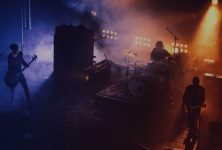
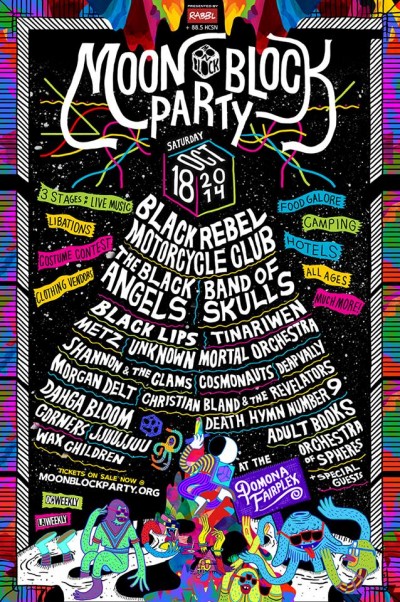
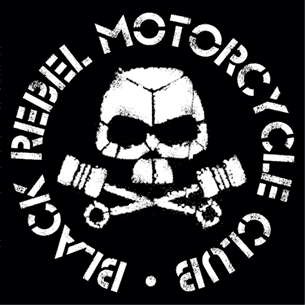
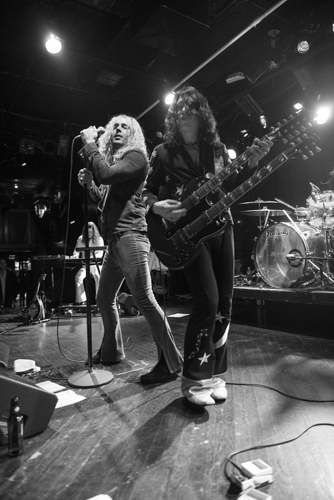
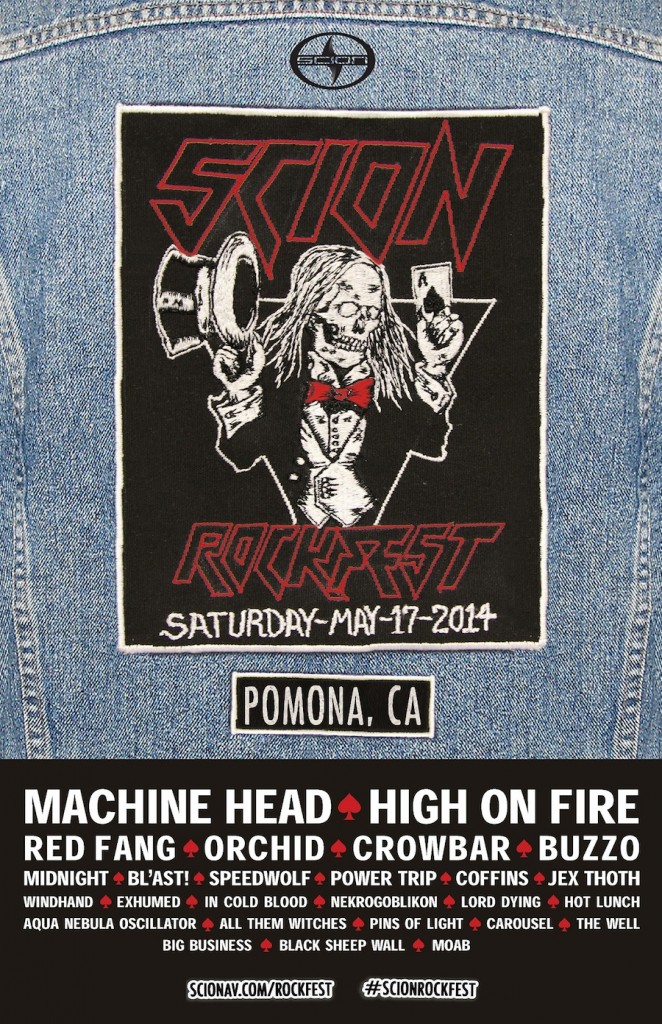
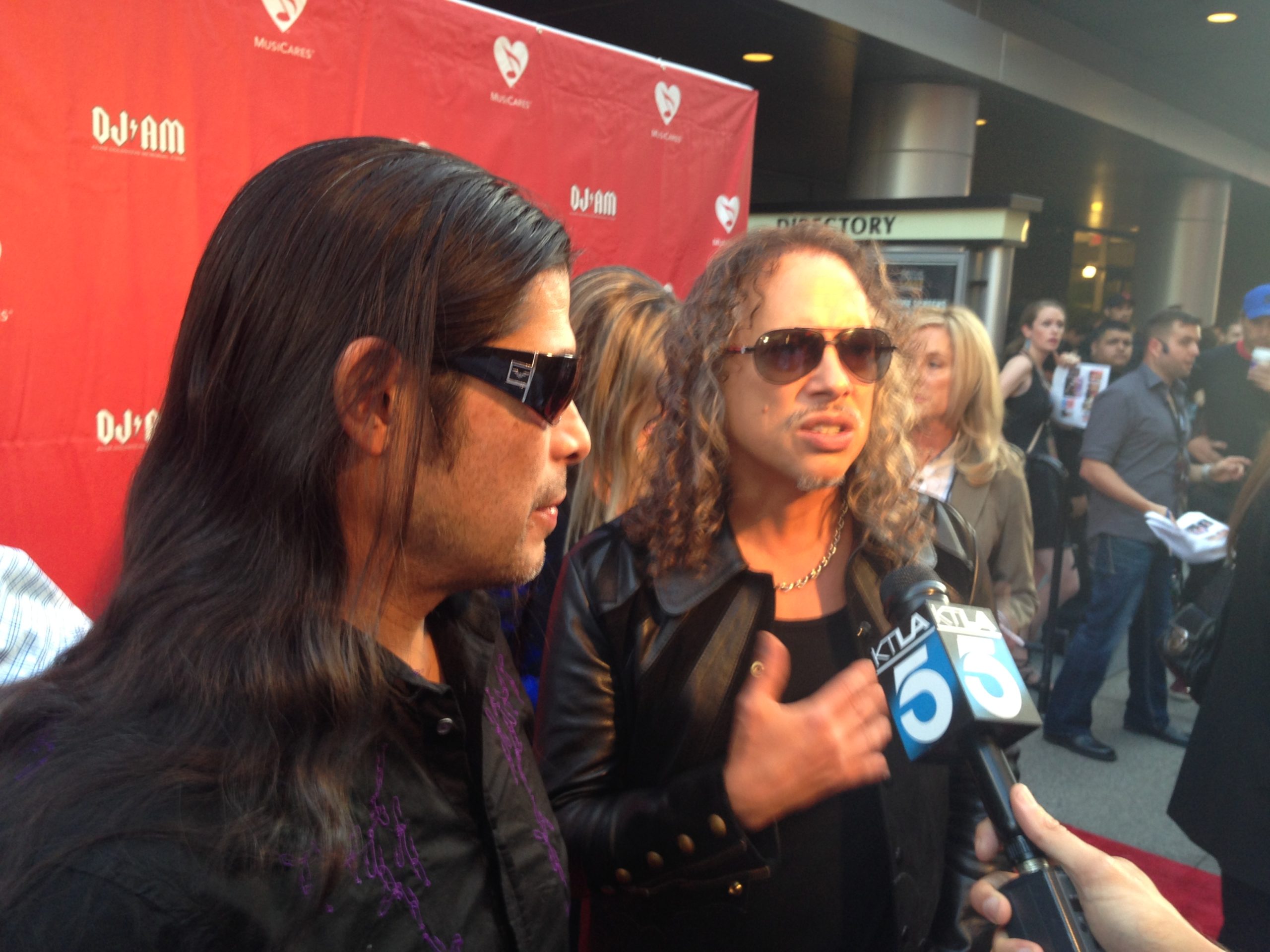
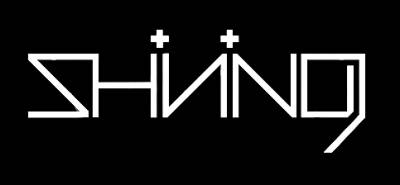
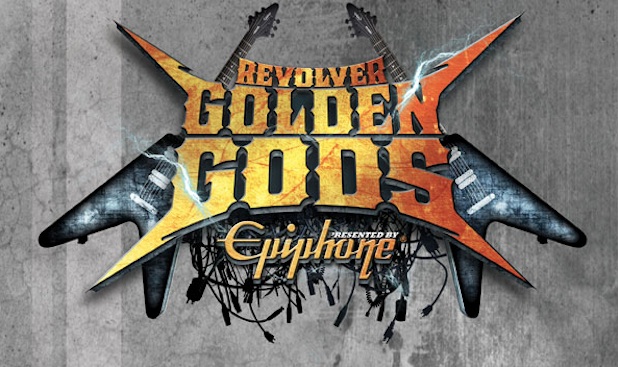
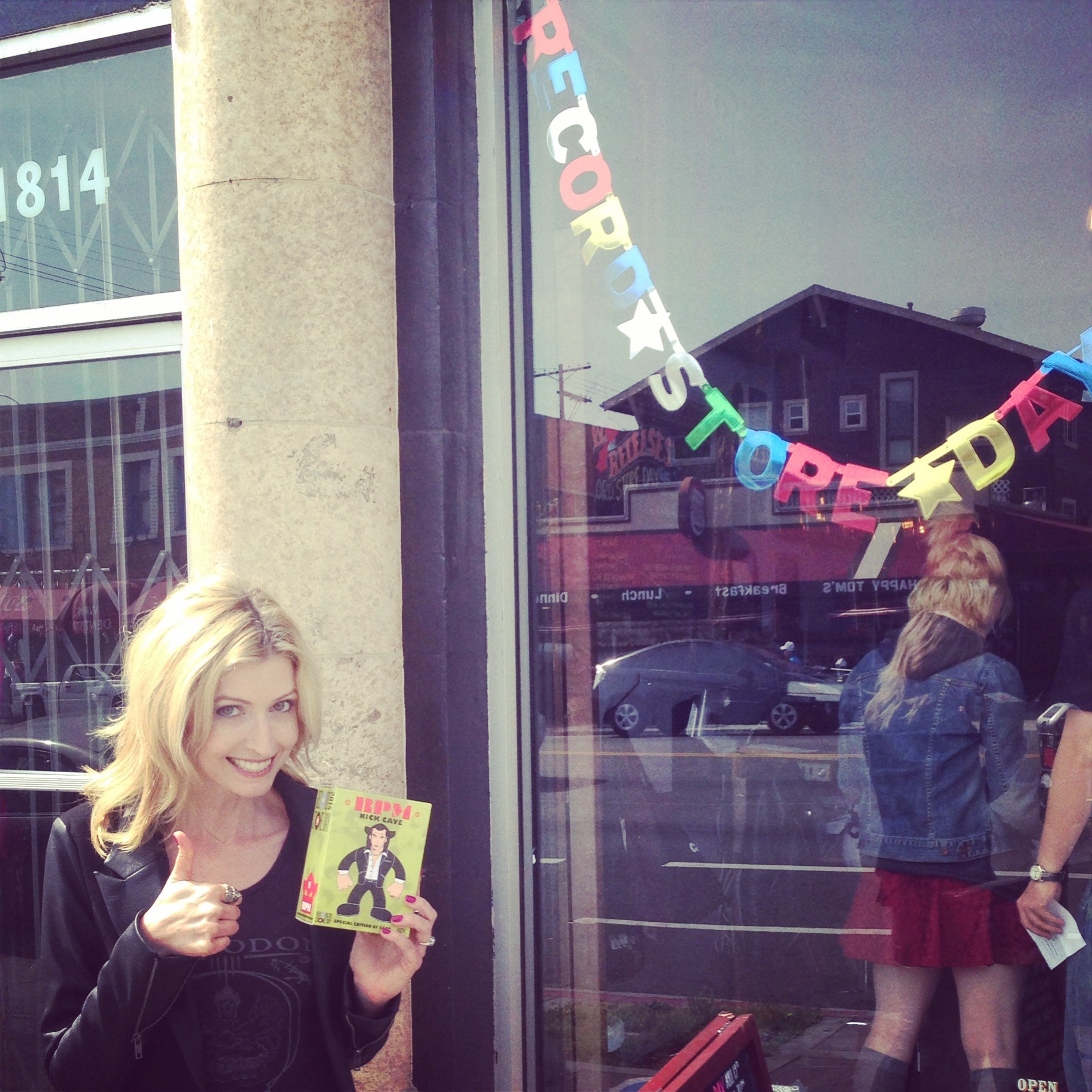
So, I've never heard of Cormorant and I'm not a metal listener in general (although an occasional Rock & Roll All Night is fun), but this is an incredible interview! As a music-obsesed indie author, I appreciate much of what Arthur says about the publishing industry and how "selling out" isn't all it's cracked up to be. It's not good for art to have business suits in charge of it. I may have to check this band out and see if they can change my mind about metal, or at least find metal I'd rather have my son listen to than all the get drunk and party 'cause nothin' else matters songs.
awesome- i'm glad you like it!